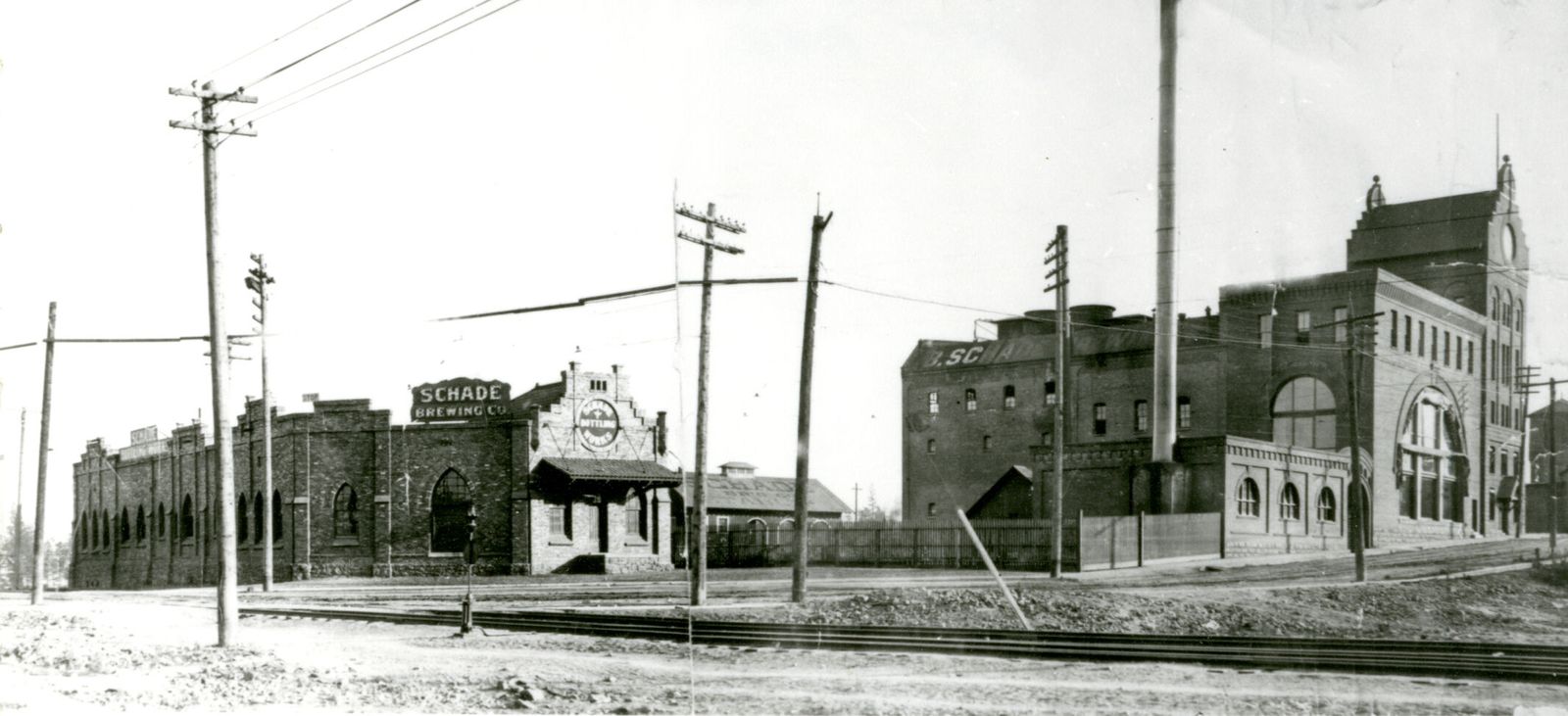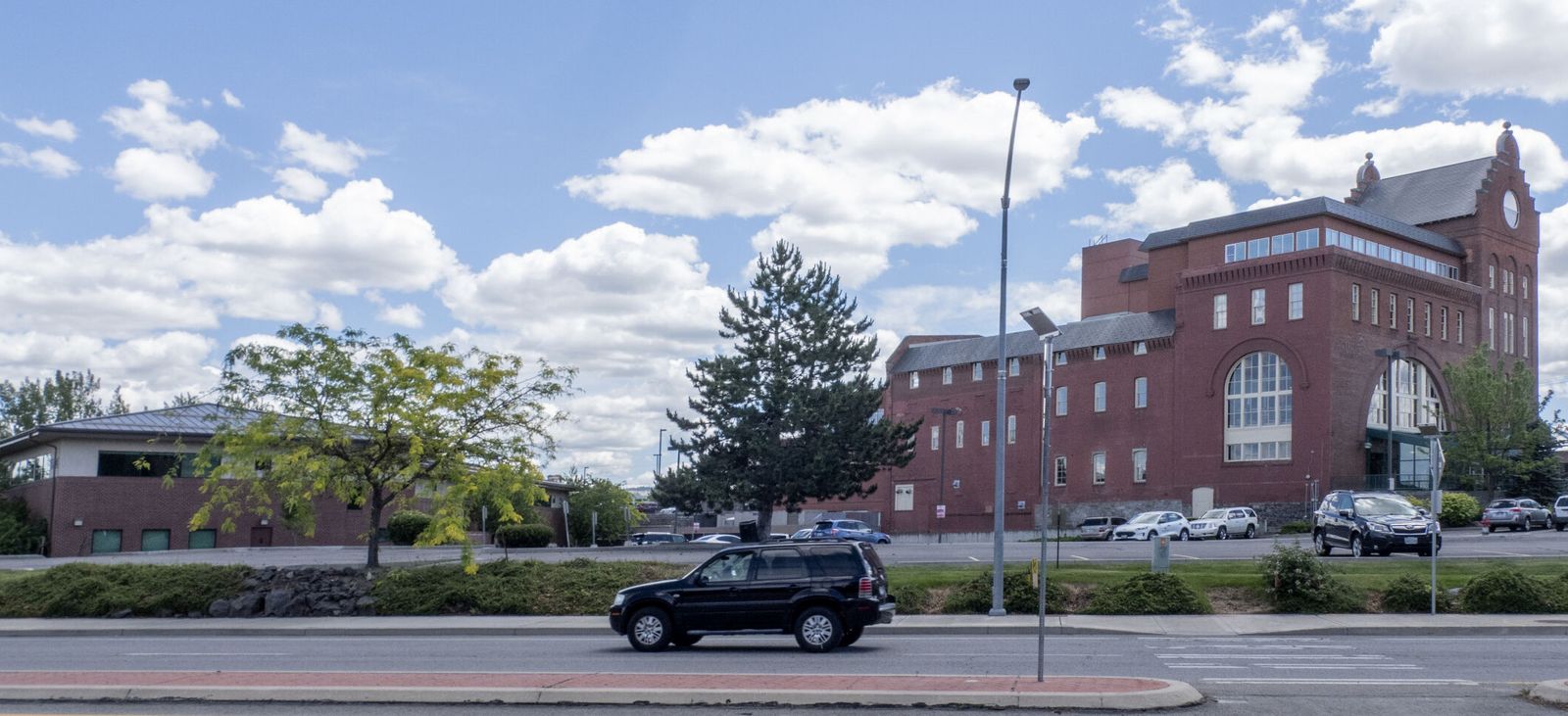
Then and Now: Schade Brewery
Prohibition, instituted in 1920, put a lot of brewers and distillers out of business, including Spokane brewmaster Bernhardt Schade.
Section:Then & Now
Then and Now: Schade Brewery
Prohibition, the ban on alcoholic beverages nationwide, was instituted by constitutional amendment in 1920. American society had been undergoing constant cultural and economic change since its founding and, at the same time, social problems, including child neglect, domestic violence, broken families and debilitating addictions had been growing as well. Orphanages and prisons were filling up.
Religious and political leaders were quick to blame alcohol. In 1916, the state of Washington instituted its own limited prohibition before it became the law of the nation.
While the national law attempted to save lives by banning all alcohol, the change broke the heart of Bernhardt Schade.
The German immigrant had arrived in Spokane in the early 1890s, shortly after the devastating 1889 fire that destroyed the downtown area. Thousands of workers were rebuilding the town, and they drank a lot of beer. Schade became the head brewer for Rudolph Gorkow at New York Brewing. Gorkow died in 1896 and in the protracted fight over the Gorkow will, his brewery was bought by the new Burke-Galland brewery across town.
After receiving a small bequest from Gorkow, Schade built his own brewery near the river in East Spokane, designed in the European style with a tower topped with stepped gables. B. Schade Beer appeared in ads in 1903. A bottling house was added a few years later.
The brewery had a dozen good years before the Washington Legislature banned the manufacture and sale, though not possession, of alcoholic beverages in 1916, a precursor to national Prohibition.
Schade had to quickly pivot to producing nonalcoholic beer and soft drinks. But Schade fell ill and the brewery closed. A stroke that affected his speech and mobility sent him into depression. In February 1921, he took his own life. His doctor said Schade had been brooding over his poor health and the loss of his business.
The brewery was used as a homeless shelter beginning in the early 1930s. Prohibition was overturned in 1933, and Golden Age Brewing bought and upgraded the old brewery. The facility housed brewing operations until 1959, then it was sold to Inland Metal for use as a warehouse.
In 2005, a group of investors bought and restored the building, which is now called the Asuris Schade Towers.

